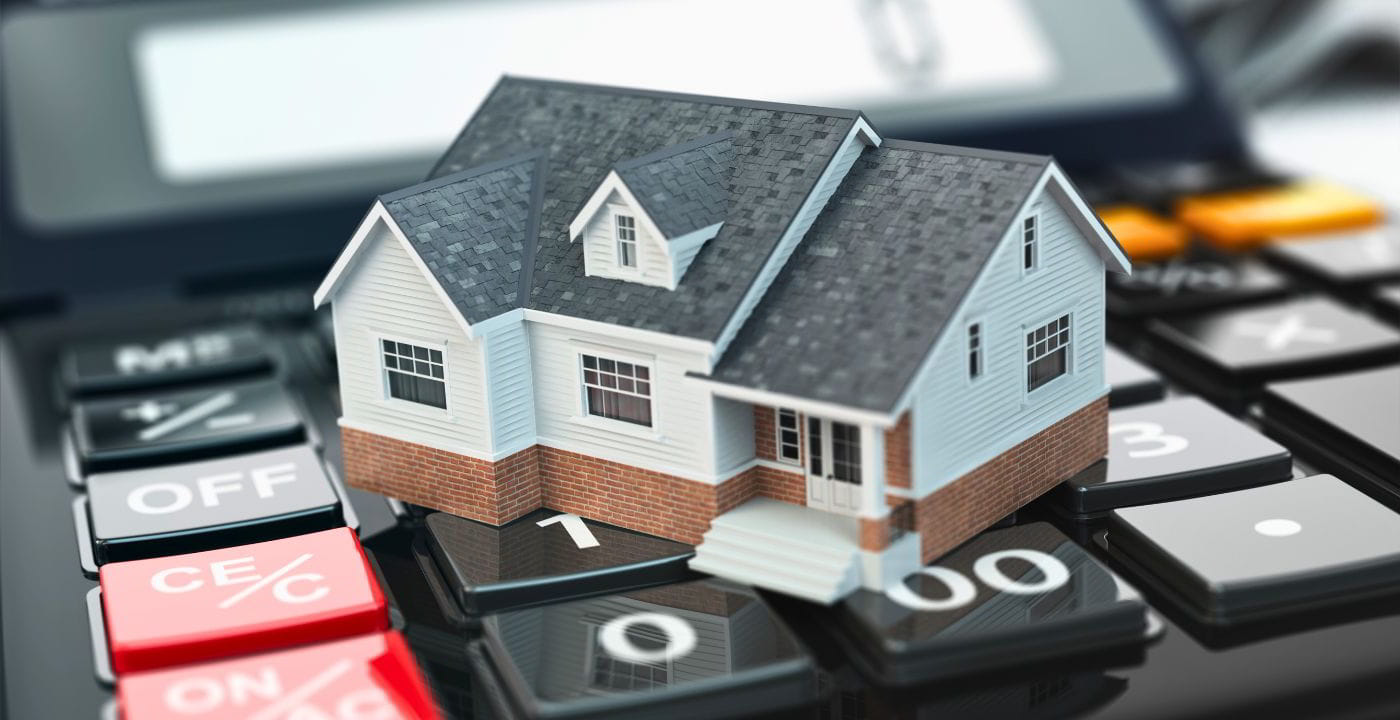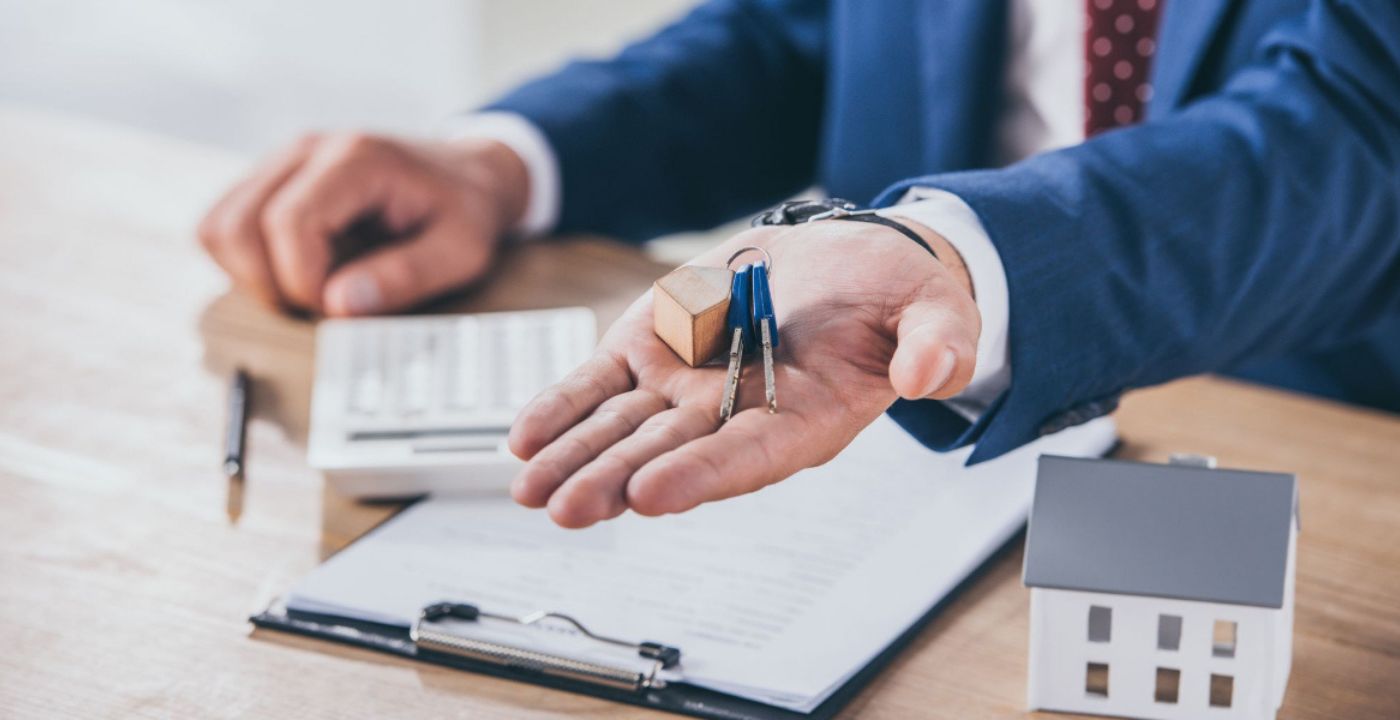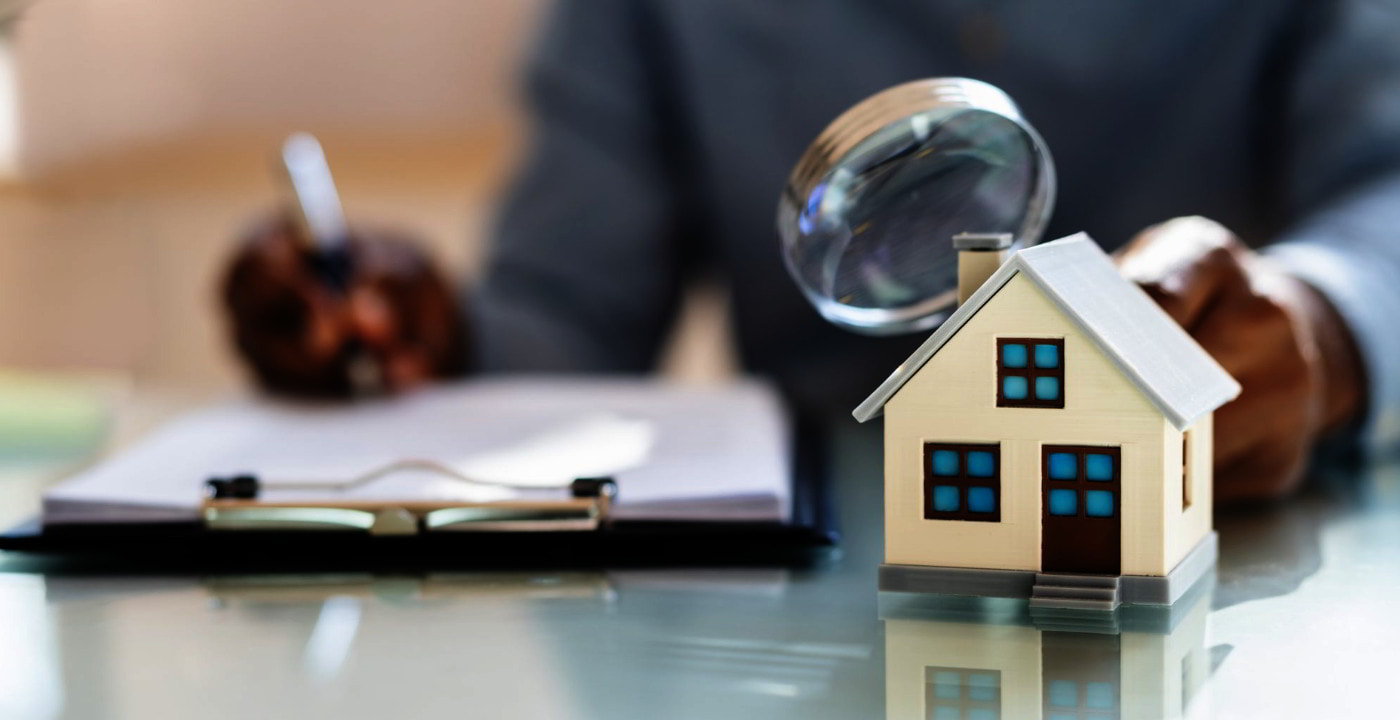
Being a good landlord is a careful balancing act. On the one hand, you want to respect your tenants and not be bothersome, on the other, it is important that you keep a good eye on your property. Despite some horror stories, most landlord/tenant relationships are amiable and everything runs smoothly – maintaining regular property inspections is key to a good working relationship with your tenants.
Key Information Regarding Property Inspections for Landlords
- Periodic property inspections every three or six months are recommended
- Tenants should be given at least 24 hours’ notice of a landlord property inspection
- Tenants can refuse an inspection – communicate clearly to find a suitable date for both parties
- Property inspections are for the benefit of both tenant and landlord
Why Should I Undertake a Regular Inspection of Property?

There are many good reasons to visit the property regularly and perform a house inspection. These include:
- Building a positive relationship between yourself and the tenant
- Showing that you are a good landlord, keen to fix problems as they come up
- Checking how your tenant looks after the property
- Making sure health and safety requirements are met
- Fixing maintenance issues early to avoid expensive repairs later on
- Ensuring the tenant is following the terms of your tenancy agreement and that no illegal activity is taking place
Regular property inspections ensure potential problems are flagged as soon as possible, saving time and money in the long run.
When Should I Inspect the Property? How Often Can a Landlord Inspect a Property?
It is reasonable to undertake a landlord inspection every three months if your tenants are short-term or if they haven’t been there very long. Once longer-term tenants are settled, a six-monthly inspection is usually all that is required.
What Should I Be Looking For During a Property Inspection?
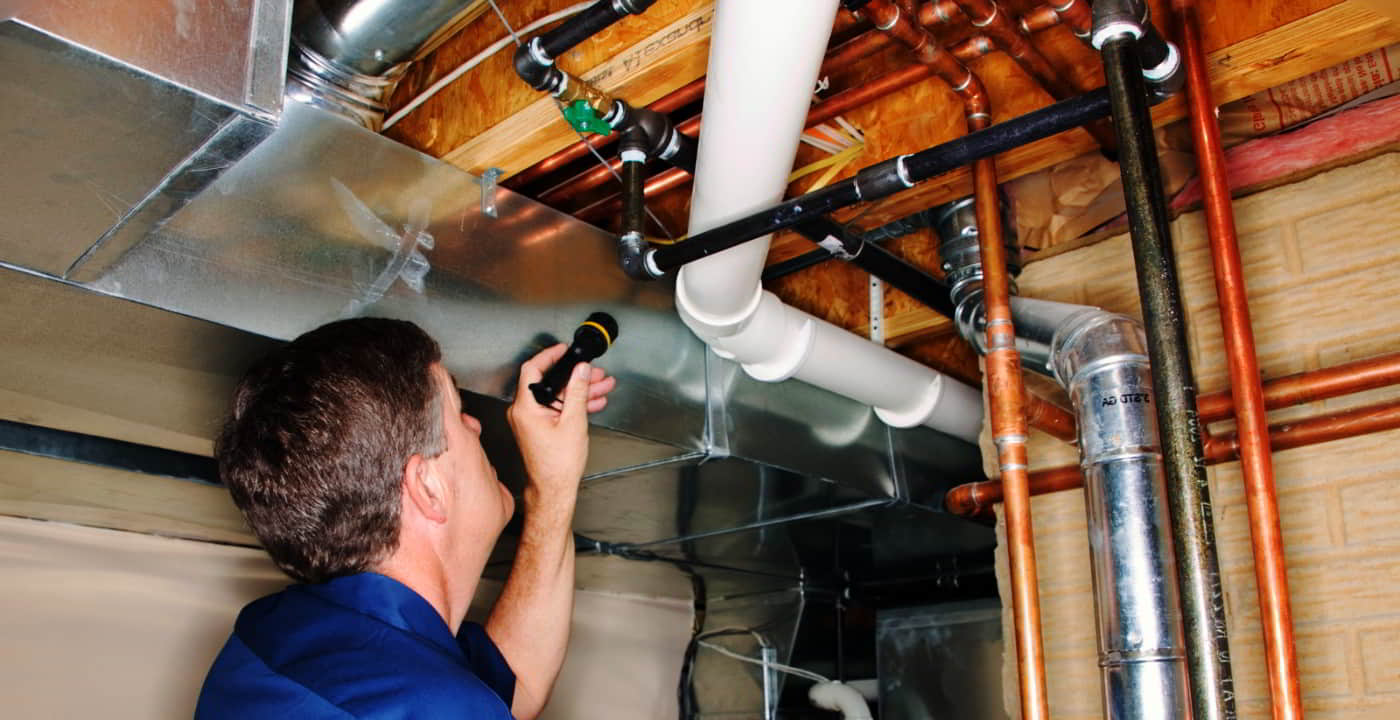
A property inspection has two main aims. Primarily it is to make sure that any maintenance and health and safety issues are seen to by you as a landlord, and secondarily, to ensure that your tenant is looking after the property and living within the terms of your tenancy agreement.
Remember to always consider these things in that order to better understand your position and responsibilities as a landlord in the UK, according to Gov.UK.
Check for the following:
- Fire safety – check smoke alarms and carbon monoxide alarms, ensure fire escape routes are clean and known to the tenant, and make sure furnishings you have supplied are all fire safety approved
- Gas safety – ensure gas safety checks are done by a Gas Safe engineer and all paperwork is in order
- Electrical safety – ensure EICR (Electrical Installation Condition Report) is done every five years, and consider PAT testing on appliances
- Damp and mould – check for condensation, mould, and penetrating damp
- Plumbing – ensure all plumbing is up to standard and there are no leaks, blocked drains, or problems with guttering
- Pests and rodents – make sure the tenant keeps you informed and consider pest control specialists if there is a problem
- Cleanliness – check that the tenant is keeping the property to a reasonable standard
- Smoking or pets – if these are not allowed under the terms of your tenancy agreement, ensure the rules are being respected
- Sub-letting – Check that the number of beds and people you meet are as expected
- Illegal activity – Use your common sense to check for drug use (which can usually be smelled), or any other illegal activity
It is a good idea to take pictures during your property inspection. Be aware that you can take photographs of the property, furnishings, problem areas, etc., but not of your tenant, their family or guests. Photographs make it easy to see if potential issues become worse over time as well as being handy to provide to workmen for quotes on work.
How Much Notice Do I Need to Give of an Inspection of Property?
Legally, you must give your tenants at least 24 hours notice of an inspection, however, if you can make it longer that is advisable. Remember, it is your property, but it is their home. If you are wanting to maintain a good relationship with your tenants, then being respectful and flexible will help a lot in this regard.
What if a Tenant Refuses Inspection?
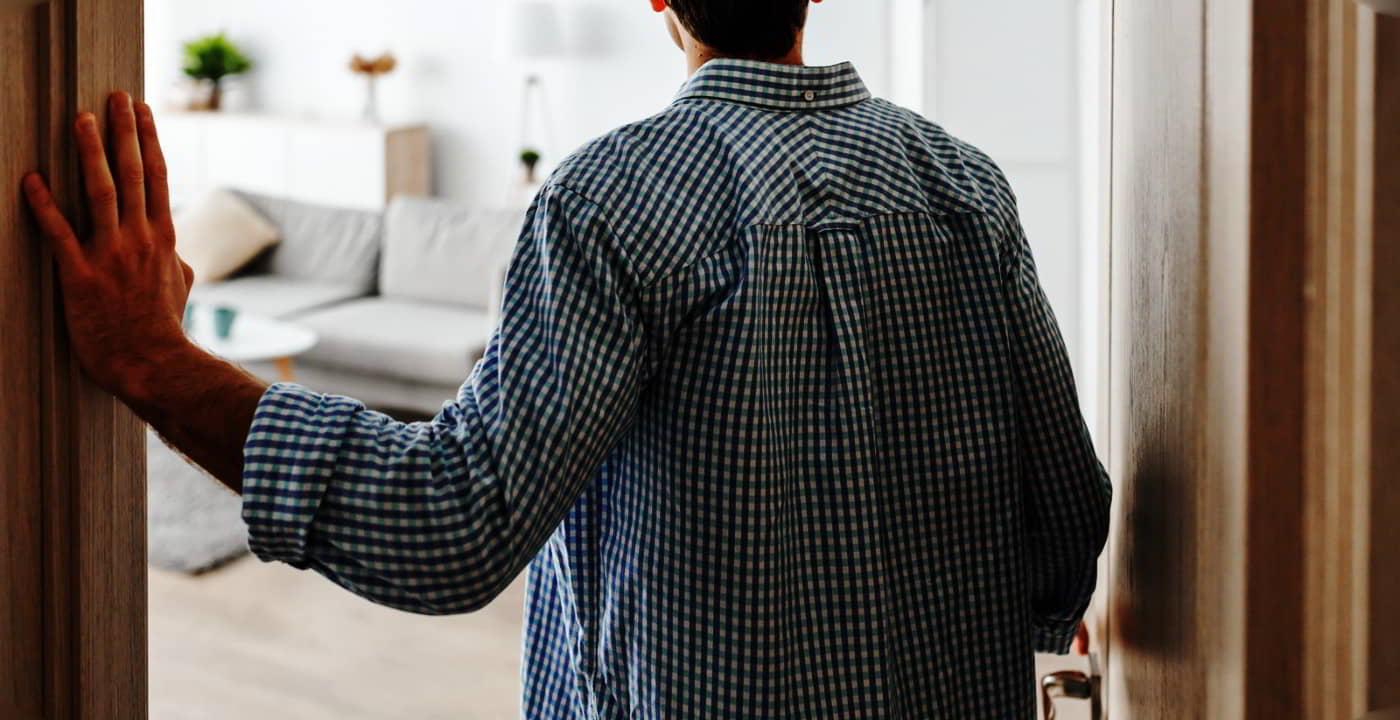
Within reason, a tenant is allowed to refuse inspection. This can be, for example, because your proposed inspection clashes with their plans in some way. Again, remember that they are people too and some give and take is not unreasonable.
Open communication is key. Some tenants have physical or mental health issues which may make inspections difficult for them, others may genuinely have extremely busy schedules. Discuss and explain to them that you need to undertake the inspection as part of your landlord responsibilities.
If, however, you suspect that a tenant is being deliberately evasive and multiple proposed inspections are being refused, you should serve them a notice of inspection in writing. At this stage, most tenants will comply and those that don’t may have something to hide. You may want to seek legal advice if you are concerned at this juncture.
Do I Have the Right to Enter the Property?
Even though it is your property, unless it is an emergency, you do not have the right to enter the property without the tenant’s agreement.
Emergencies may include:
- Fire, gas leak, or other similar safety concerns
- Property damage is such that safety is compromised
- Reasonable suspicion of dangerous or criminal activity
How MMC Property Management Can Help

Professional property management with MMC will ensure property inspections are done regularly and efficiently without any need for you to take your time for a personal visit. Our team of experts are experienced in forming professional relationships with tenants, respectfully securing periodic inspections, and undertaking an efficient and thorough house inspection.
Contact us today to see how our property management services can help you get the most out of your rental property.



